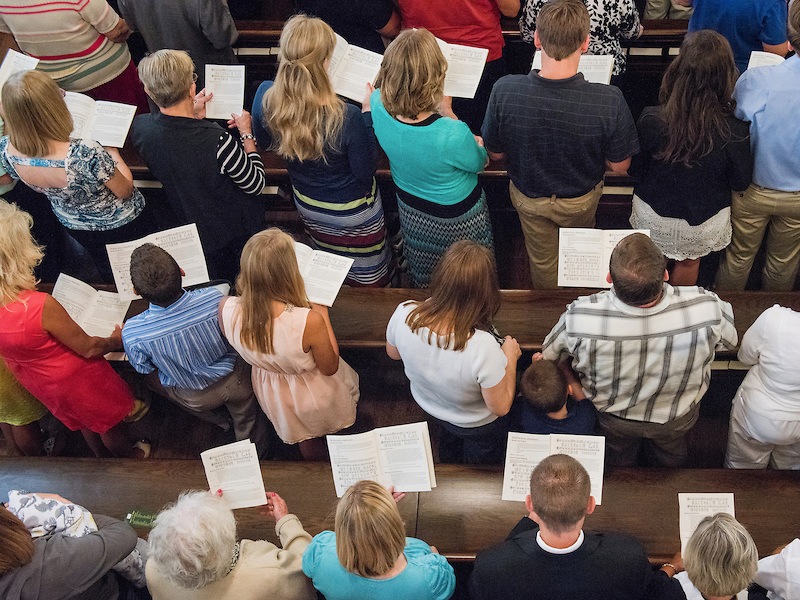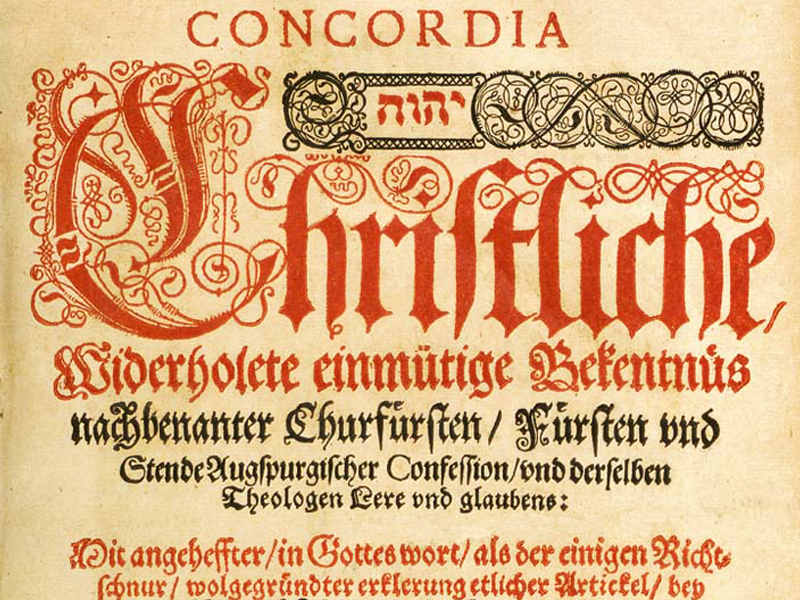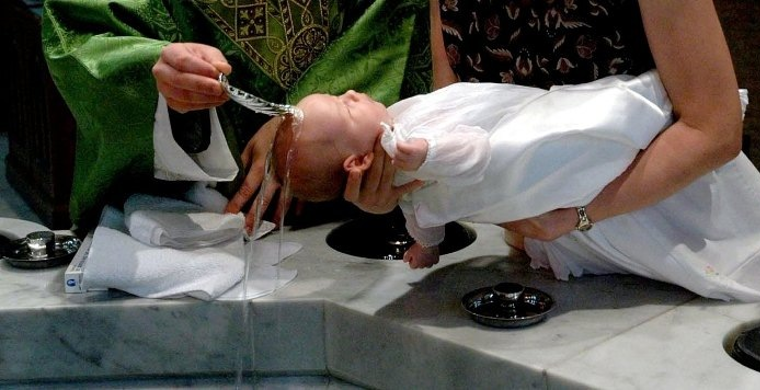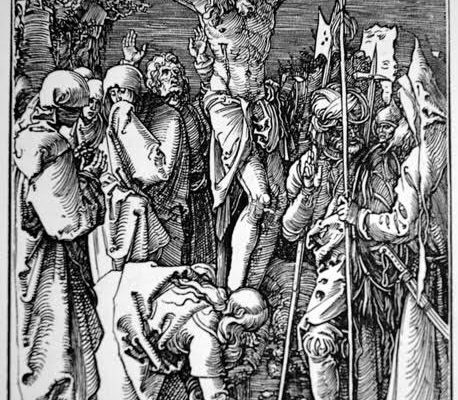Though many hymns have been attributed to Ambrose, “Savior of the Nations, Come” is one of a few hymns that is evidentially attributed to Ambrose. Martin Luther, also writing during a period of great adversity, provided a literal translation of this text into German from which many English translations have since been produced. Fred Precht rightly says of the hymn: “In the history of hymnody this hymn is the Advent hymn par excellence.”








